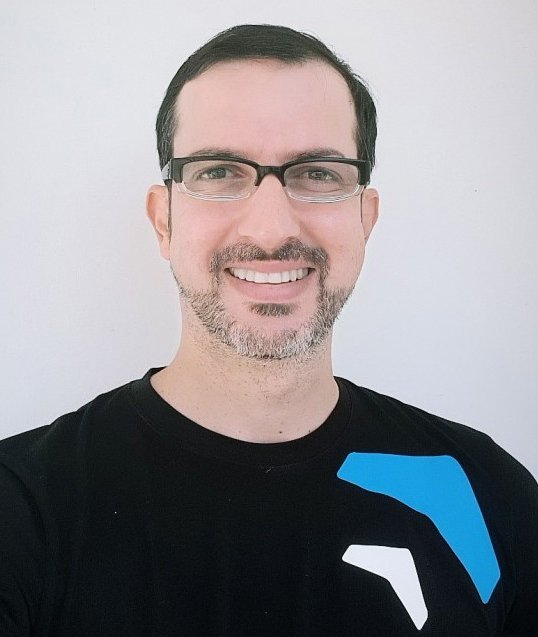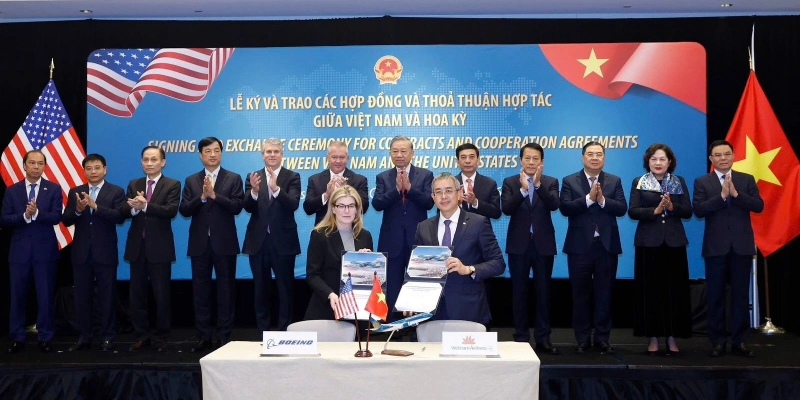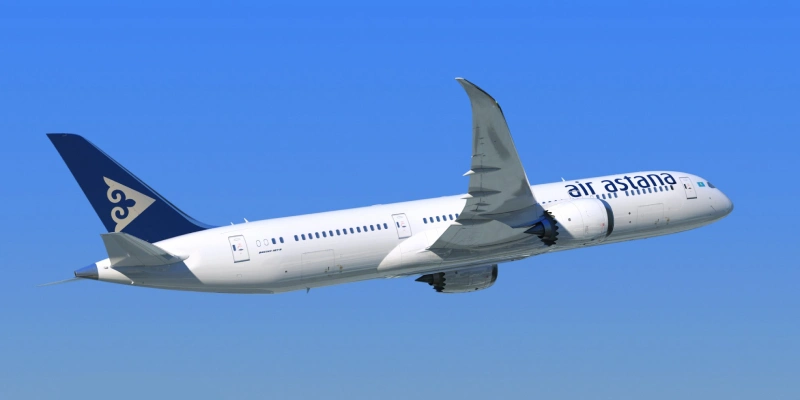Airbus UpNext and Toshiba Energy Systems & Solutions Corporation, Toshiba Group’s energy arm, will cooperate and mutualise experience on superconducting technologies for future hydrogen-powered aircraft.
In the quest to decarbonise the aviation industry, hydrogen-powered aircraft are one of the promising solutions to achieve net zero emission by 2050. Superconducting technologies offer a unique advantage for these aircraft, using -253°C liquid hydrogen as a fuel but also to efficiently cool the electric propulsion systems. Cryogenic technology could allow for a nearly unimpaired power transmission within the electric systems of the aircraft, significantly improving their energy efficiency and performance.
→ Cebu Pacific orders 70 Airbus A321neo
“Partnering with Toshiba presents a unique opportunity to push beyond the limitations of today’s partial superconducting and conventional electrical motors. Through this collaboration, we aim to deliver a breakthrough technology that could unlock new design possibilities, in particular for Airbus’ future hydrogen-powered aircraft, ” said Grzegorz Ombach, Airbus Senior Vice President and Head of Disruptive R&T.
“Toshiba’s expertise in superconducting technology for high current flow, motor drive technology for precise current control, and advanced rotating machinery technology for stable, high-speed operation, forms a strong foundation for this partnership. We both recognize the tremendous potential of superconducting technologies in shaping the future of aircraft and driving the decarbonization of the aviation industry,” said Tsutomu Takeuchi, Toshiba’s Corporate Officer.
The partners aim to co-develop a two-megawatt superconducting motor.
Related Topics
FAA Issues Airworthiness Directive for Boeing 737 MAX Due to Risk of Excessive Cabin Temperatures
FAA and EASA Grant Initial Certification to Boeing 777-9 Simulators, Enabling Pre-Training Phase for Pilots
Vietnamese Airlines Sign Agreements for 90 Boeing Aircraft
Air Astana Finalizes Largest Order in Its History: Up to 15 Boeing 787 Jets

Un apasionado por la aviación, Fundador y CEO de Aviación al Día.




